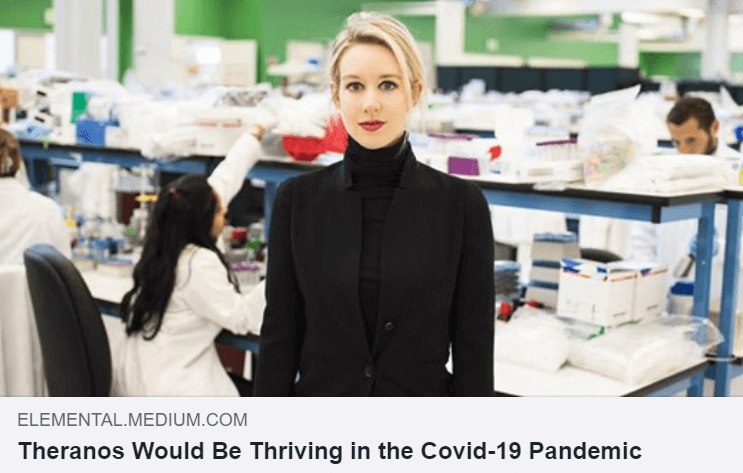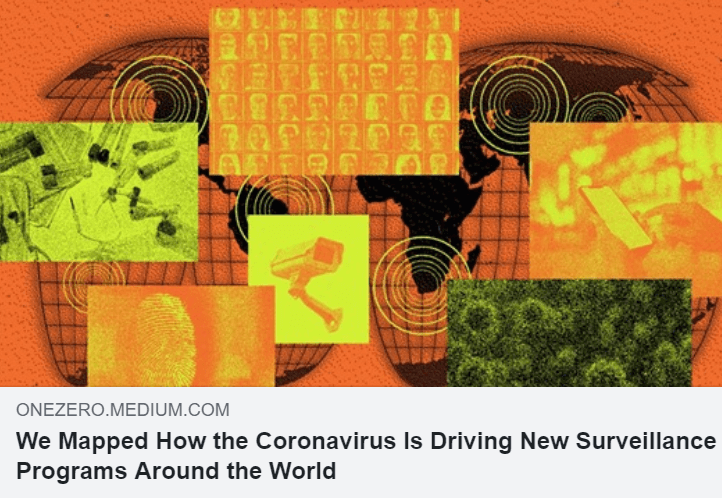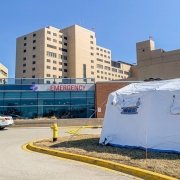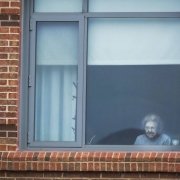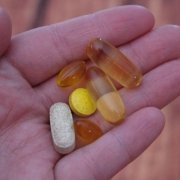4 COVID-19 Writers Asking the Big Questions
Unique perspectives on Coronavirus effects on society.
Every now and then, an article haunts me. I read an author’s words and the ideas stick with me. I can’t get them out of my head. As the world searches for a magic bullet to stop COVID-19, I find myself reading as much as I can to stay up to date. At the same time, fear and panic fill our social media feeds. Click-bait headlines take us to untrustworthy news sites. A lack of reliable information feeds worldwide anxiety.
Here, I direct readers to four articles. Each addresses challenging and disheartening aspects of the pandemic and its impact on all of us. These authors lend credibility and unique, valuable perspectives on the societal effects caused by the COVID-19 pandemic.
The Immune vs nonimmune
The first article is One Zero’s Emily Mullin covering the concept of immunity passports. She lays out a future where society divides into two groups: those who are immune and those who are not. An unintended consequence of widespread antibody testing is a societal division.
Those who are immune are allowed to participate in the economy, return to work, go to school, and travel. Suddenly, we live in a world with a perverse economic incentive to acquire the infection.
Dividing society into groups never ends well. Immunity may become a new form of discrimination and social division.
 Photo by JOSHUA COLEMAN on Unsplash
Photo by JOSHUA COLEMAN on Unsplash
Who is regulating the testing industry?
The second article is by Tyler Shultz, the CEO of Flux Biosciences. Tyler was an original whistleblower uncovering the greed, corruption, and abuse of power by health technology corporation Theranos. Shultz explains the lack of regulatory oversight, allowing Theranos to spend 15 years and raise nearly one billion dollars on a nonfunctional product.
Drawing from his experience at Theranos, he is a credible voice drawing attention to the dangers of a lack of regulatory action on COVID-19 research and testing. A lack of regulation coupled with poorly understood science in the hands of an unscrupulous pharmaceutical company is cause for concern.
I Sounded the alarm on the dangers of expedited COVID-19 Research. The backstory of Thalidomide is a gut-wrenching example of drugs coming to the market without evidence-based clinical trials.
How do we end social distancing?
The third article addresses how we move society forward. We missed our opportunity o contain COVID-19. Our government’s response was too slow. Now, we are trying to contain it. Social distancing is working to slow the spread, but we are looking for an escape hatch. We need a socially responsible way to end social distancing allowing us to reopen the economy.
Epidemiologists agree on the strategy.
- Test
- Isolate
- Contact tracing
Contact tracing uncovers all of the contacts of someone diagnosed with an infectious disease. Given the scale of SARS-Cov-2, tracing all contacts of this highly contagious virus is problematic. Technology will play a critical role. Apple and Google have partnered to use their reach to help solve this public health nightmare.
Many have enormous privacy concerns with the idea of our phones monitoring our health and alerting those around us. Most of us are comfortable (or unaware) of meta-data tracking used by social media giants. We are shocked when an ad appears on Facebook minutes after we searched for a product on Amazon.
Are we comfortable sharing our health status via our phones with those around us? How much sharing is needed to keep others alive? Do we trust tech companies and, or our governments with this private information? Author Dave Gershgorn discusses the rollout of government surveillance programs around the world.
Each country tackles the problem in different ways. I struggle to find a palatable solution for the United States.
What about the doctors?
Alexandra Sifferlin covered a topic near and dear to my heart in her article on the effect of COVID-19 on healthcare workers’ jobs. Many do not realize thousands of doctors and nurses have been furloughed, lost their jobs, or declared bankruptcy as a result of the pandemic. Many accepted massive salary cuts or are working for free in this time of need.
At the same time, the CARES act gave millions of dollars to nonprofit hospitals. Some hospitals are using this money to acquired market share from distressed physician practices. Some doctors received help through the PPP program, but not enough to keep their office doors open.
Thank you to ILLUMINATION for publishing this article on Medium.
Blog Author: Dr. Jeff Livingston
Blog Photo By: Ben White on Unsplash


